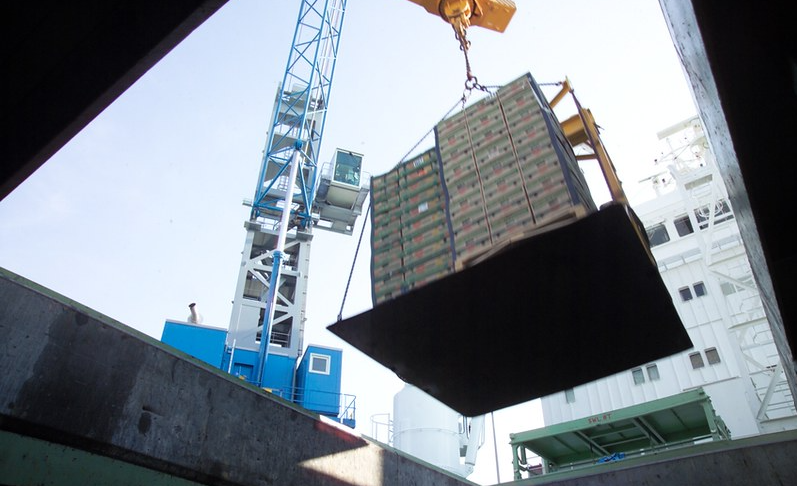Equipment sharing agreements could land participants with potential liability issues if appropriate insurance cover is not in place, warns freight transport and cargo insurer TT Club. It says while such arrangements can be an efficient use of resources, a lack of formal definition in contracts can lead to potential exposure.
The benefits of good neighbour agreements are well recognised and utilised by cargo handling operators, and others in the supply chain to successful effect, says TT Club. Sharing infrequently used equipment gives greater flexibility in operations has significant cost savings, but as typically reciprocal arrangements, they are not always formally outlined in well-defined contracts.
Mike Yarwood, managing director of loss prevention at TT Club, said: “In such circumstances the casual nature of the arrangement, though often workable and agreeable to both parties, can lead to potential risks where liability and responsibility in the unfortunate event of an incident or breakdown may not be clear.”
Guidance on the topic has been outlined in the first of TT’s new Risk Bytes series of advice documents for its membership and those in the global supply chain. They are designed to provide a snapshot of the risks associated with day-to-day operating risks that may not be recognised or, if they are, not sufficiently covered by the relevant insurance policies.
Yarwood adds that the primary risk for good neighbour agreements is in the event of the equipment or machine being lost or damaged during the period of the loan leading to financial exposure for the owner. He adds: “In addition, this might severely impact business operations and cancel out any benefit gained from the arrangement, and severely damage years of a good working relationship with the neighbour.”
This first edition of Risk Bytes outlines provisions that should be made in a formalised written contract, giving clarity on where the risk and liability rests during the operation of any shared asset and gives the opportunity for thorough due diligence to be carried out before the agreement is signed.
Image courtesy Port of Dover
Printed Copy:
Would you also like to receive CIR Magazine in print?
Data Use:
We will also send you our free daily email newsletters and other relevant communications, which you can opt out of at any time. Thank you.











YOU MIGHT ALSO LIKE